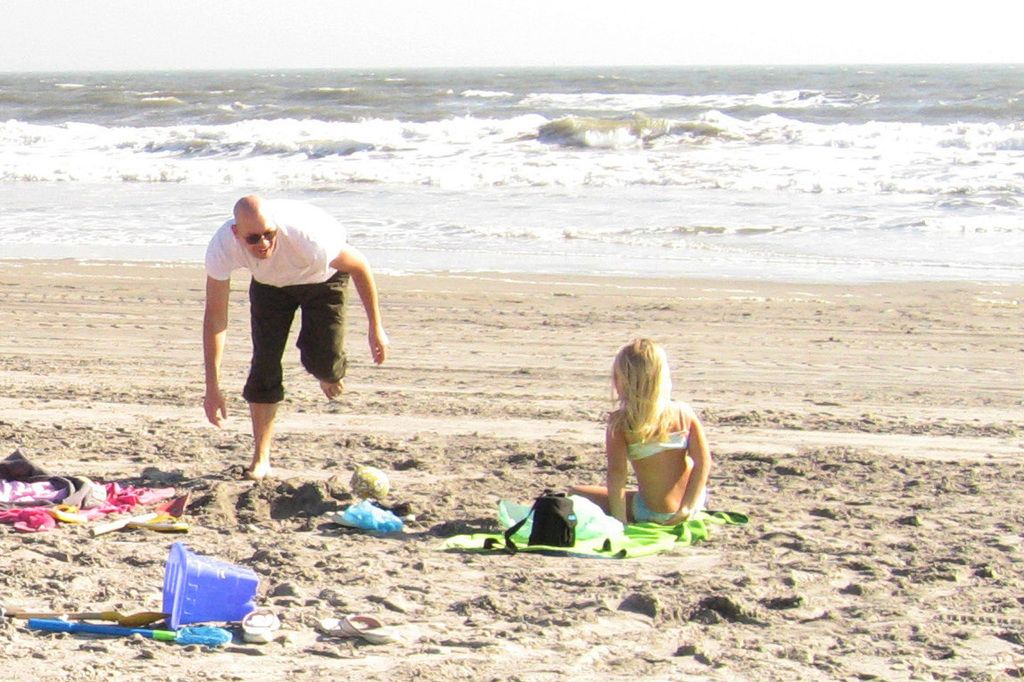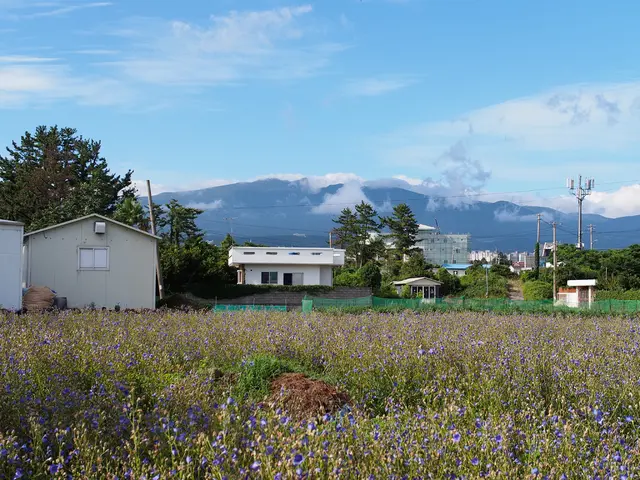India and Norway Reinforce Partnership in Ocean Management and Sustainable Fishing at United Nations Conference
On the bustling day of June 11, 2025, Dr Jitendra Singh, India's Union Minister, and Marianne Sivertsen Ness, Norway's Minister of Fisheries and Ocean Policy, sat down for a chat on the sidelines of the 3rd United Nations Ocean Conference (UNOC3) in Nice, France. They discusssed all things under the ocean's surface – from sustainable fisheries to the independent management of marine resources.
In this juicy gabfest, India and Norway reaffirmed their mutual commitment to beefing up their co-operation in ocean governance sustainability. They poured one out for Mother Nature, acknowledging the need for concerted action to combat overfishing, marine pollution, and the unsustainable use of marine resources. The duo also deliberated upon fantastic ideas like boosting data sharing and deepening scientific collaboration.
They pointed their collective fingers at international partnerships as the key to accomplishing the goals of the UN Decade of Ocean Science for Sustainable Development (2021-2030), with the main focus being on exchanging knoledge, building capacity and sharing tech.
India and Norway share a long-standing bond in the fisheries sector, and now, they're eyeing new frontiers to collaborate. This yarn unfolds at a time when global feel-good initiatives to balance economic growth and marine preservation are gaining traction.
UNOC3, occurring from June 9 to 13, united leaders, scientists, and policymakers around a table to plot a course for ocean health, sustainable development, and climate resilience. Steering the Indian ship at this shindig, Dr. Singh's pushing hard for a more robust global action plan on ocean health, climate resilience, and securing sustainable livelihoods during the UN Ocean Conference.
First published on: 11 Jun 2025, 11:46 IST
By the way, it's no secret that climate change will likely trigger a 43% hike in extreme rainfall and double the number of heatwave days in India by 2030, according to a recent study. If that ain't a wake-up call, I don't know what is. The researchers proposed setting up a Climate Risk Observatory to keep tabs on local climate threats and guide data-driven decisions.
References:
- Long, A., Correia, B., D'Agata, D., & Gamburd, S. (2023). Sustainable Small-Scale Fisheries Governance: Evolving Institutions and Best Practices. Oxford University Press.
- Costello, A., Adger, W. N., Brown, K., Sanson, M., Damania, R., Huq, S., & Köhlin, J. (2009). Climate change and small‐island developing states. Wiley.
- Zeller, D., Agardy, T., Atkinson, A., Bencivenga, D., Carmel, A., Campbell, A., ... & Rober, R. (2017). The State of the World Fisheries and Aquaculture 2016. Rome: Food and Agriculture Organization of the United Nations.
- Laffoley, D., & Wilson, S. K. (2021). The Blue Economy: A New Paradigm for Ocean Governance and Management. Johns Hopkins University Press.
- United Nations. (2022). The Ocean Conference. United Nations. https://unochs.org/ourwork/oceanconference
Dr. Jitendra Singh and Marianne Sivertsen Ness, during their conversation at UNOC3, mentioned the need for increased collaboration in environmental science, particularly in the areas of climate-change research and data sharing. They highlighted industry and finance as crucial elements in funding and implementing energy solutions that promote sustainable ocean governance and combat overfishing, marine pollution, and the unsustainable use of marine resources. The Indian Union Minister expressed his support for a global action plan focusing on sustainable development, climate resilience, and securing livelihoods, emphasizing the significance of this agenda in the context of climate change predictions, such as a 43% increase in extreme rainfall and doubling of heatwave days in India by 2030.








